
A chain of pet stores that has been around for decades is shutting its doors for good, primarily situated across the Northeast. The Smithland Pet & Garden Center, which has been a fixture in communities in Massachusetts and Connecticut for more than 40 years, will close 13 of its stores in the coming months.
The company has established itself as a trusted provider of pet, garden, and backyard supplies, earning a loyal customer base through decades of dedicated service.
This comes amid a wave of retail closures sweeping the country, affecting both beloved local businesses and national chains. Many customers express sadness and nostalgia as they prepare to say goodbye to a regional staple that has been part of their lives for generations.
History and Legacy
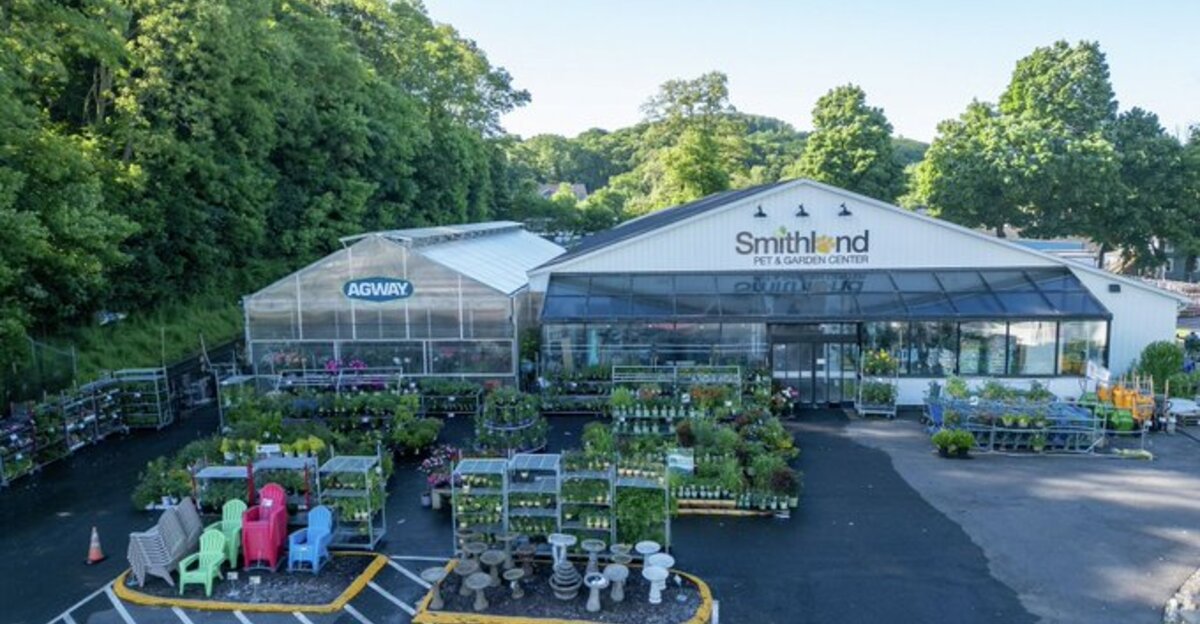
Founded in 1985, Smithland Pet & Garden Center has been known by multiple names over the years, including MyAgway, Dave’s Soda, and Pet City. Over the years, the stores had become more than just shopping destinations- they were community gathering hubs where pets were pampered, gardens flourished, and friendships blossomed.
Ceo John Atkins emphasized that the stores have always been about more than commerce, serving as gathering places for neighbors and animal lovers. This legacy of community engagement and customer loyalty is a significant part of what made Smithland special.
What This Means for Pet Owners
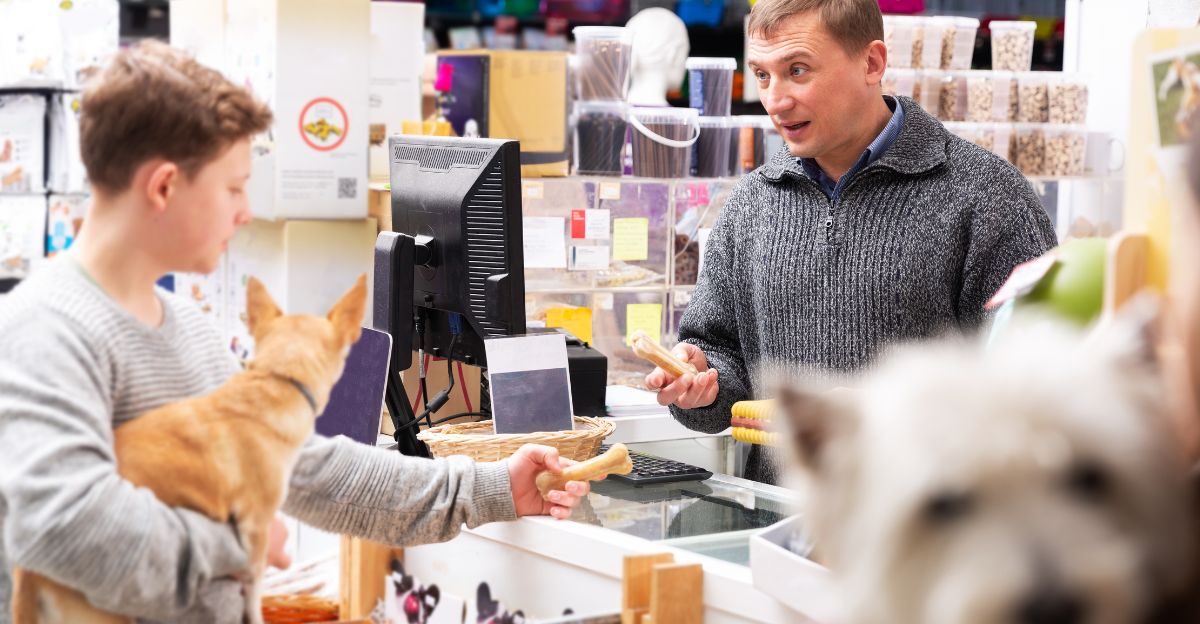
For pet owners, the closing of Smithland Pet & Garden Center presents practical and emotional challenges. Many of its customers relied on the store for specialized pet foods, expert guidance, and one-of-a-kind products that are not always available at big-box retailers.
With Smithland shutting down, pet owners would be forced to go farther afield or turn to online options, which can lack the personal touch and immediate support offered by local staff.
The loss is especially significant for pet owners who have pets with special dietary needs and, therefore, need specific supplies. To some, Smithland’s closure is more than the loss of a convenient supplier; it is the loss of a place where pet owners felt that their concerns had been heard and their needs met, and for many, the transition to new suppliers is not easy.
Educational Hub for Responsible Pet Ownership
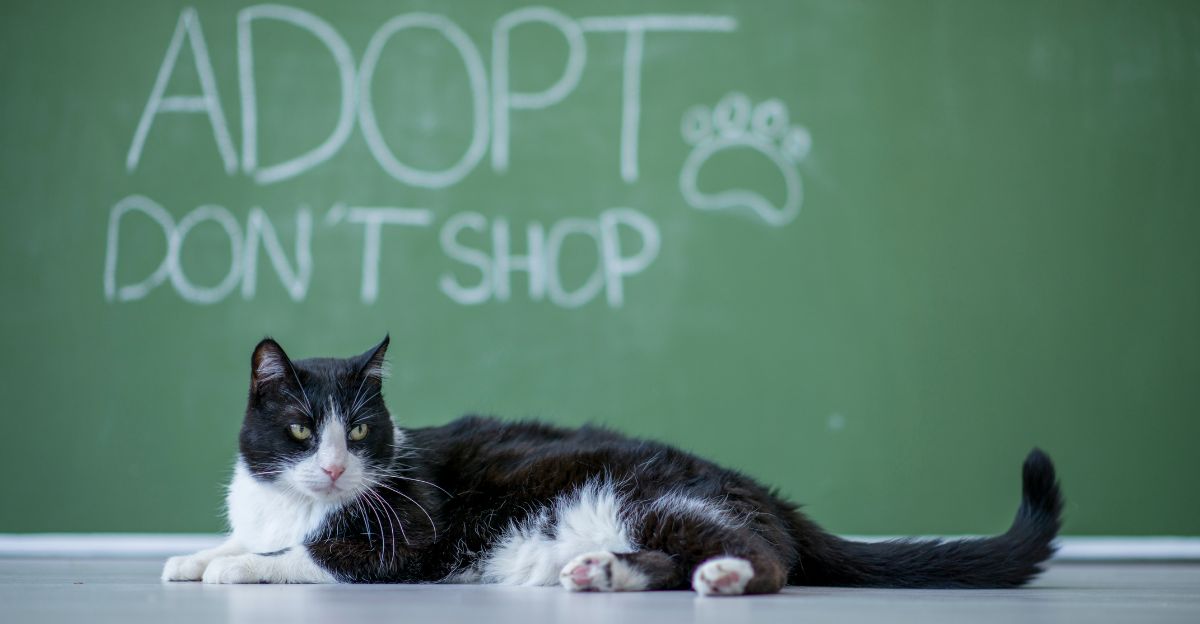
Smithland wasn’t just in the business of selling stuff – it was empowering pet owners through education. Workshops, adoption events, and seasonal seminars enabled customers to educate themselves about nutrition, training, and animal welfare, promoting responsible pet care throughout communities.
The company also frequently partnered with local shelters and rescue groups, hosting adoption days and fundraising events. These initiatives have not only provided homes for numerous animals but also raised awareness about the importance of adoption and animal welfare.
Reasons for Shutting Down
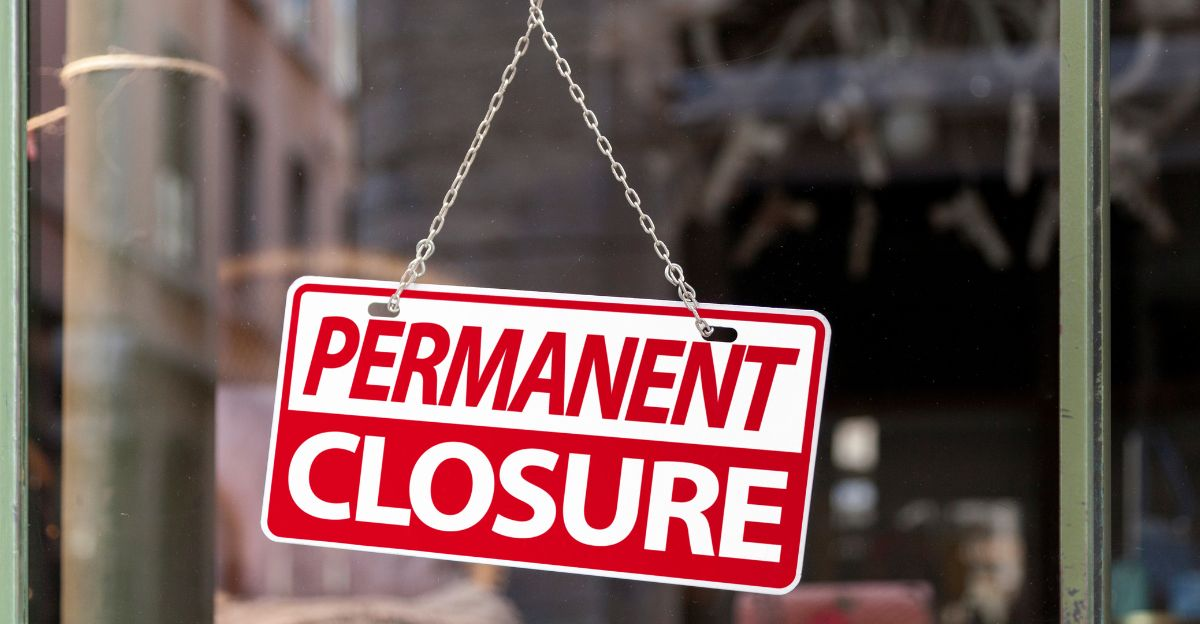
The decision to close all Smithland locations was driven by a combination of economic challenges, persistent inflation, and fierce market competition. According to its parent company, CT Gardens LLC, these pressures rendered continued operation unsustainable.
It has become particularly hard for smaller, independent chains to survive in the retail landscape, especially as bigger rivals are faster to adapt to shifting consumer habits. The company will liquidate its business over the next few months, and all its stores are expected to close by June.
Economic Uncertainty and Price Pressures

The prolonged period of economic uncertainty, with inflation ever-changing and the cost of goods rising, has placed tremendous pressure on stores like Smithland.
Persistent inflation has led to rising business costs, from operational expenses and suppliers’ prices to wages and rent. This has squeezed profit margins and made it difficult for smaller chains to maintain competitive pricing without sacrificing quality or service.
A Shift in Consumer Spending Habits

Consumers also have grown more cautious with discretionary spending during economic uncertainty. Pet owners and avid gardeners, while devoted, often prioritize essential items and seek out the best value, frequently turning to larger retailers or online platforms that can offer lower prices and bulk discounts. This shift in spending habits has eroded the customer base for specialty stores that rely on personalized service and niche products.
Customer Appreciation Sale

As a gesture of appreciation and gratitude toward its loyal customers, Smithland is holding a Customer Appreciation Sale from May 6th through the 11th. All non-sale items are available at a 10% discount during this time.
The event is an opportunity for the public to say farewell, take advantage of savings, and look back on the years of service the store has provided. The sale is both a farewell and a thank you from the company to the communities it has served for decades.
Impacts on Employees and Communities
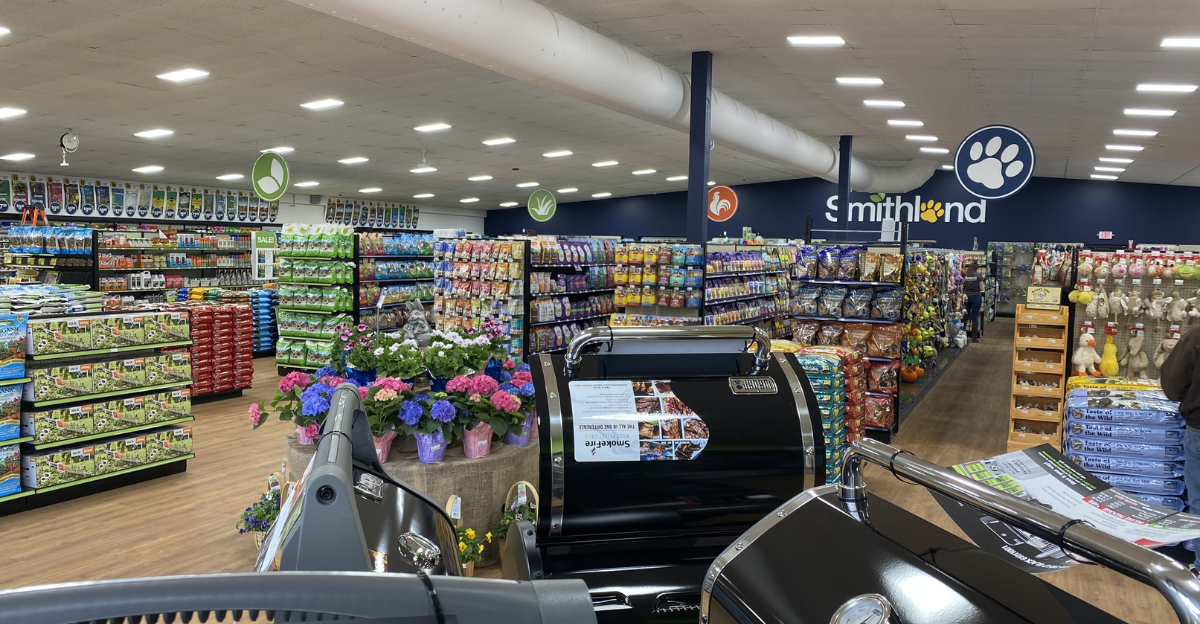
The closing of the 13 Smithland stores will undoubtedly affect both employees and the communities they serve. Many of the staff have worked in the stores for years and have built deep relationships with customers and each other.
The loss of those jobs and the disappearance of a trusted local business will leave a noticeable void. For many, Smithland was more than a store; it was a place where relationships were formed and memories were created, underscoring the broader implications of retail closure on our communities.
Challenges in the Labor Market and Employee Retention
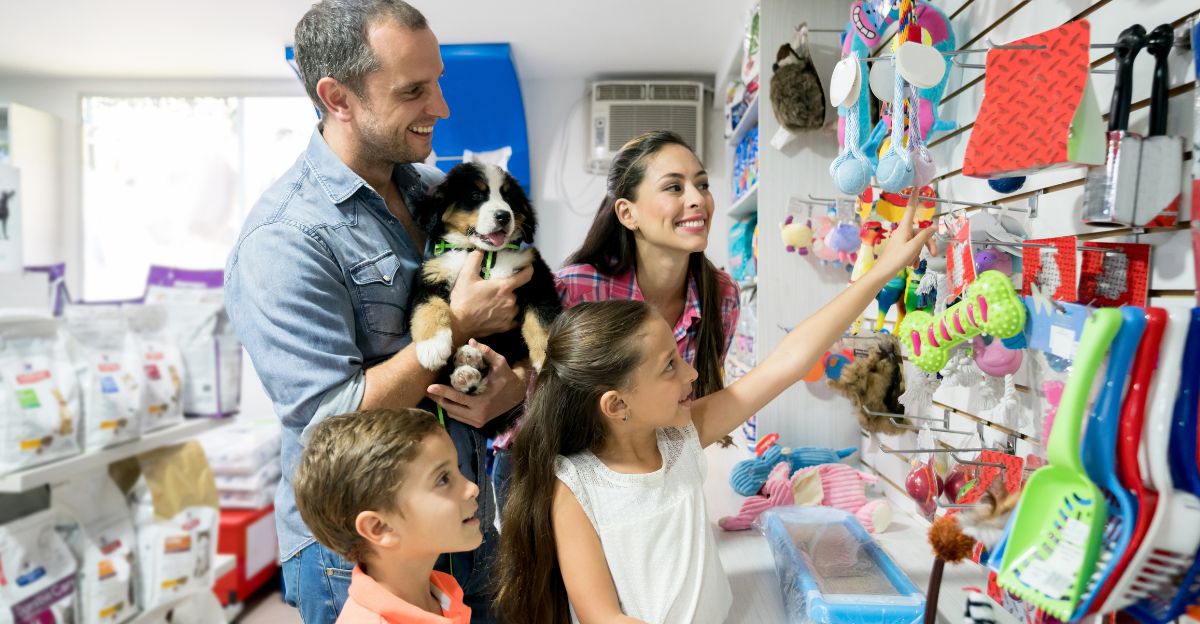
Labor shortages and rising wages have also hit the retail sector as workers seek better-paying jobs. It grew more expensive to keep experienced staff on hand to offer the personalized service that Smithland was known for.
Long-standing employees can also be an essential part of customer loyalty and store performance and the loss of such employees due to turnover or layoffs can further reduce customer loyalty to the store.
Broader Retail Trends
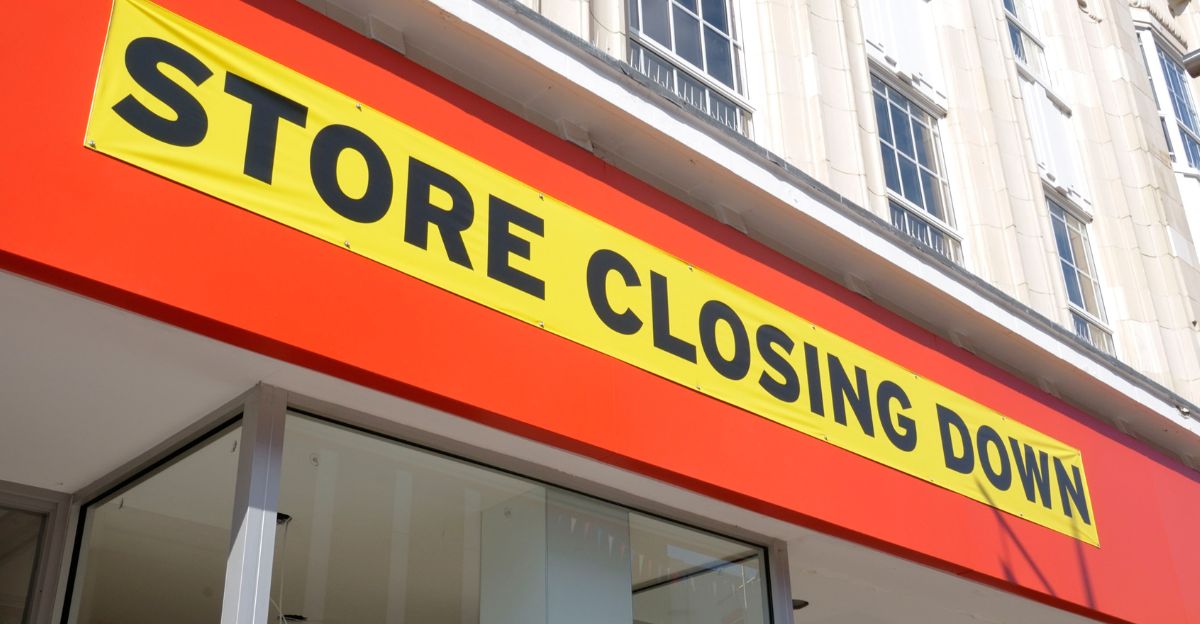
Smithland closure is part of a broader wave of store shutdowns happening across America. Economic pressures, shifting consumer preferences, and the rise of e-commerce have caused many retailers to reevaluate their business models.
Even beloved convenience stores and national brands are not spared, in some cases losing hundreds of branches. The retail “bloodbath” signals a significant transformation in how Americans shop and what they expect from their local stores.
Impact of E-commerce Growth

The rapid rise of e-commerce has transformed the retail sector, enabling consumers to conveniently shop from home and receive fast delivery options. Larger competitors have invested heavily in digital infrastructure, providing seamless online experiences, as well as subscription services for pet supplies. Smithland, like many smaller chains, found it difficult to develop comparable online capabilities, losing market share to digital-first retailers.
The Pandemic’s Influence on the Pet Industry

The COVID-19 pandemic shift had a profound impact on the pet industry, with pet ownership in the U.S. reaching an all-time high of 70% of households in 2020. Demand for pet supplies and services soared as more people acquired pets while staying home.
While larger retailers were able to capitalize on this trend by expanding offerings such as curbside pickup and home delivery, smaller stores like Smithland were forced to play catch-up and failed to keep up with these changes, ultimately contributing to their downfall.
The Pandemic’s Dual-Edged Impact

While the COVID-19 pandemic initially boosted pet ownership and demand for supplies, it also accelerated the shift toward online shopping and contactless services.
Many more people chose to shop from the comfort of their couches, and the introduction of same-day deliveries only put even more pressure on smaller businesses to keep up with evolving consumer expectations.
Challenges for Independent Retailers

Independent retailers have faced mounting challenges in recent years, especially as larger chains leverage economies of scale and advanced logistics. Big-box stores and online giants may be able to offer lower prices and greater convenience, but small businesses often struggle to compete.
Smithland’s closure further highlights the challenges small stores face in adjusting to an increasingly competitive retail environment, where technology and changing customer demands are constantly shifting.
Rising Competition from Big-Box and National Chains

Economies of scale allow big-box stores and national pet supply chains to undercut prices and offer more products. These competitors also employ more sophisticated logistics and marketing practices, which further erode the ability of regional chains such as Smithland to be competitive on both price and convenience, in turn contributing to their financial challenges.
The Toll of Fixed Costs and Lease Obligations

Retailers with physical storefronts have fixed costs like rent, utilities, and maintenance that don’t decrease when sales decline. In difficult economic times with strict lease arrangements and few money-saving options to renegotiate or relocate, closing up shop seems to be the more feasible option.
Broader Retail Industry Contraction
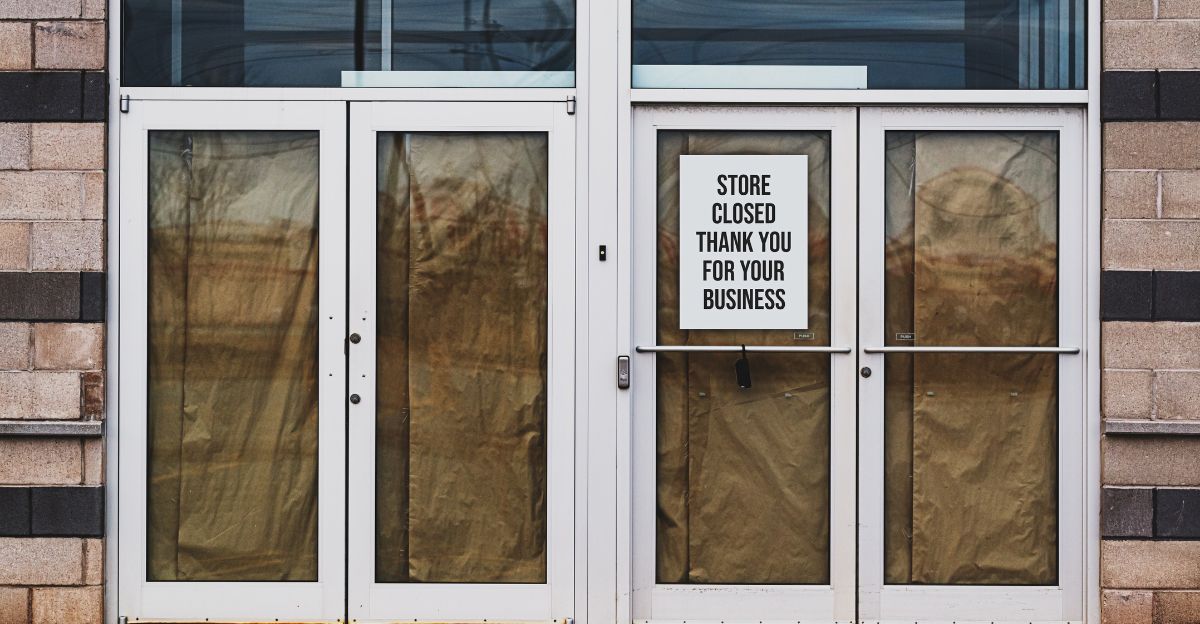
Smithland’s closure reflects a broader retail contraction that has been affecting local businesses across the country. The so-called retail “bloodbath” has resulted in hundreds of stores from several sectors closing because of the economy, shifting demographics, and the rise of digital commerce. This wave of closures is a sign of a significant shift in the retail landscape, with fewer but larger players dominating.
Retail Market Uncertainties

The disappearance of institutions like Smithland leaves communities with a question mark about where to turn for specialized pet and garden supplies. It remains unclear if new businesses will emerge to replace them or if consumers will use online and big-box alternatives more than ever. Retailers may be asked to be more innovative and adaptable in order to survive in this evolving environment.
Community Response and Reflections
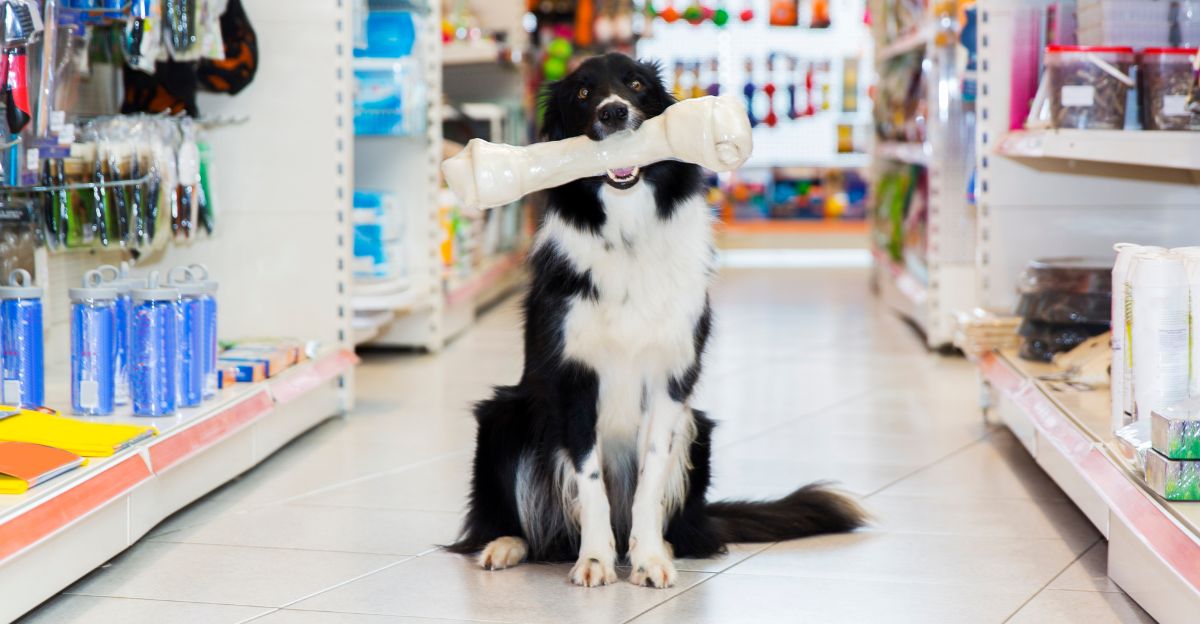
The news of Smithland’s closure led many customers and community members to share their support and fond memories. Some have shared memories of shopping at the stores, receiving expert advice, and participating in local events.
CEO John Atkins expressed profound gratitude to customers, encouraging them to visit during the final sale and emphasizing the company’s appreciation for their support over the years. The closure serves as a poignant reminder of the importance of local businesses in fostering community connections.
Looking Ahead
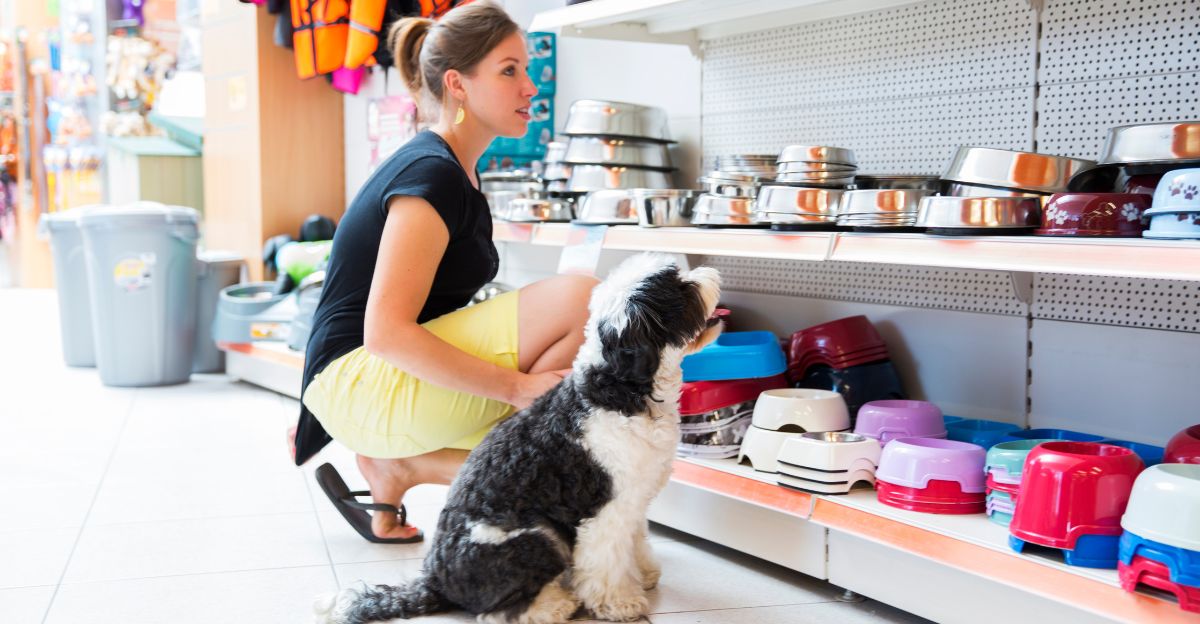
As Smithland prepares to close its doors for the last time, the future of retail in the area remains uncertain. The company’s departure leaves a gap in the market for pet and garden supplies, and it is unclear whether new businesses will emerge to fill the void.
The broader trends affecting Smithland will likely continue shaping the retail landscape, with adaptability and innovation becoming ever more crucial for survival. For now, customers and employees alike are left to reflect on the end of an era and the enduring legacy of the beloved local institution.
Explore more of our trending stories and hit Follow to keep them coming to your feed!
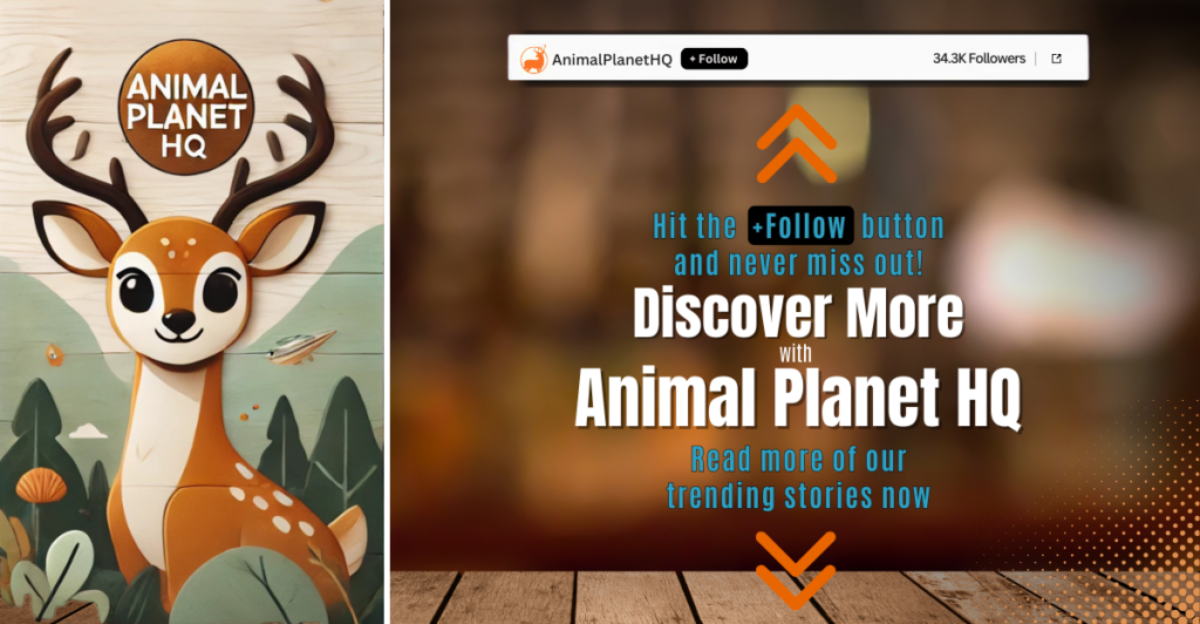
Don’t miss out on more stories like this! Hit the Follow button at the top of this article to stay updated with the latest news. Share your thoughts in the comments—we’d love to hear from you!







